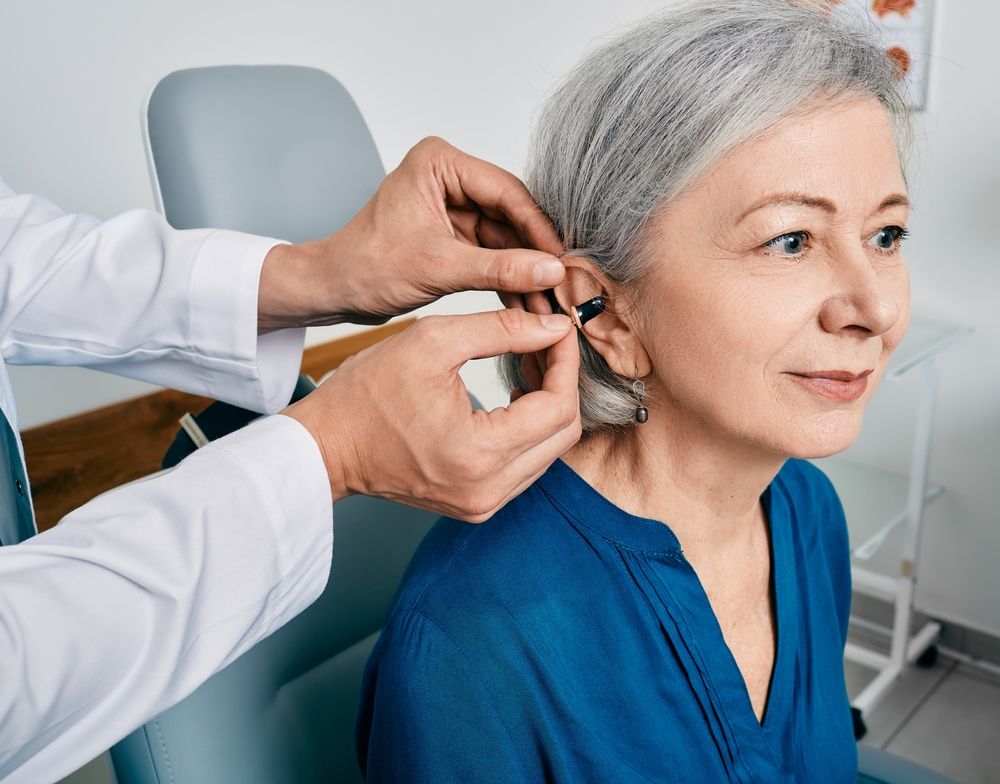
Getting fitted with hearing aids for the first time can be both exciting and a little overwhelming. Taking the action to enhance your hearing can have a powerful impact, enabling you to engage more completely in conversations, reinforce connections with friends and family, and restore a deeper connection to the sounds that improve your daily life. With any unfamiliar situation, it’s normal to have concerns, particularly regarding the comfort of wearing hearing aids and the time required to get used to them.
Many first-time users are uncertain what to expect. Will the hearing aids feel bulky or uncomfortable? Will common noises be overwhelming at first? How long will it take to adapt to ordinary sounds? These apprehensions are normal, but with the right guidance and a bit of patience, most individuals discover that hearing aids become a comfortable and essential part of daily life.
Let’s delve into what to anticipate during the adaptation period and how you can make the transition as hassle-free as possible.
What you can anticipate during the initial period of adjustment
So, are hearing aids uncomfortable? At first, they can feel a bit unusual, especially if you’ve never worn anything in your ears regularly. Similar to adapting to a new pair of eyeglasses or acclimating to a watch, it will take time for your mind and body to become accustomed.
You will notice the most significant changes in two primary areas in the initial weeks of using the product.
Physical sensation
You might at first feel some pressure or unfamiliarity in your ear canal. This is completely normal. Many hearing specialists recommend easing into use, starting with a few hours a day and slowly extending the duration.
A bit of discomfort is okay, but pain isn’t. If you experience soreness or pain from your devices, reach out to your hearing care specialist right away. They have the ability to tweak the fit or explore a different design that would be more suitable for the shape of your ear.
Sound perception
One of the most surprising parts of the adjustment process is hearing daily sounds that you may not have heard before.
The thrum of the refrigerator, birds singing outside your window, or your own footsteps may seem amplified initially. This is because your brain is learning to process a wider range of sounds again.
While it might seem like a lot to process, your brain will progressively adjust to disregard unimportant noises in the background and focus on important things such as voices and music. This is part of your auditory system “retraining” itself.
Suggestions for increasing the comfort and effectiveness of hearing aids
The great news is that there are numerous approaches to help you feel more comfortable and self-assured while adapting to your new hearing aids:
1. Start slowly
Don’t feel under the gun to use your hearing aids all day immediately. Begin with one to four hours a day, especially in quieter settings like your home.
As you become more accustomed to the devices, you can incrementally increase your usage to a comfortable degree.
2. Practice makes perfect
Try using your hearing aids while engaging in things that help your brain adjust. Participating in activities like following along with audiobooks as you read or watching movies taht have subtitles can enhance your ability to recognize speech and improve your listening skills in an enjoyable manner.
3. Keep communicating with your audiologist.
Fit and performance go hand-in-hand. If you notice any discomfort or notice that something is not right, including the fit of the device or the audio quality, take action right away. Your audiologist can adjust your devices and offer pointers for improved results. In some situations, a custom-fit hearing aid may be the best approach for your unique ear shape and needs.
Welcoming your new hearing experience
It’s completely normal to experience a short adaptation period with your hearing aids. Through regular usage, persistent maintenance, and guidance from your audiologist, your new hearing aids will quickly become an integral part of your everyday life.
Rather than concentrating on the device itself, your attention will switch to the joys of clearer conversations, natural sounds, music, and day-to-day interactions.
The key is patience, practice, and staying proactive about your comfort. Soon, your hearing aids will not only strengthen how you hear, but also how you live.